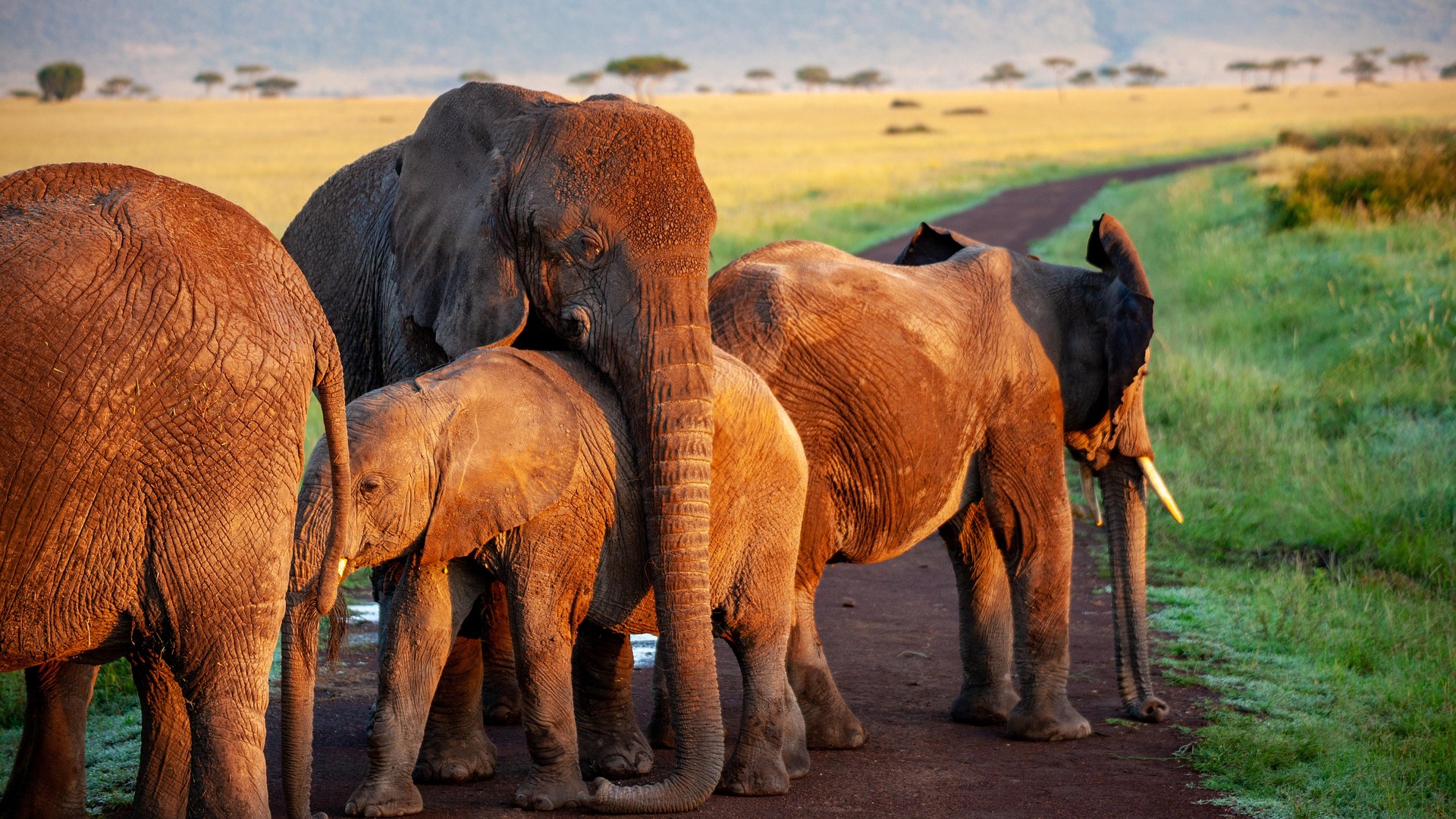1. Elephants Remember Locations and Friends
Elephants live in tight-knit family groups and often travel long distances in search of food and water. To do this, they need to remember important locations, like water holes or places where food is plentiful. Older elephants, especially the matriarchs (the oldest females), are the ones with the best memories. They know the best places to go and how to get there, helping their families stay safe and healthy.
2. A Memory That Lasts a Lifetime
Elephants can remember other elephants – even if they haven’t seen them in many years. They can recognize their relatives, friends, and even other animals they’ve encountered in the past. This is especially important for their social lives. Elephants form strong bonds with each other, and they can remember faces, voices, and scents from long ago.
In fact, elephants have been known to mourn the loss of a loved one, showing that their memories go beyond just survival.
3. Elephants Are Problem Solvers
Elephants also use their memory to solve problems. If they face a difficult situation, like figuring out how to reach food or avoid danger, they can recall similar situations from the past and apply what they learned. This helps them make decisions that keep them safe and allow them to adapt to changing environments.
4. A Lesson from the Wild
One of the most interesting things about elephant memory is that it’s not just about remembering what happened, but why it happened. For example, elephants can remember human behaviors, and they often recognize the difference between friendly people and those who may have caused them harm in the past. This helps them decide how to react when they encounter new people.
The Truth About “Never Forgetting”
So, do elephants really never forget? Well, not exactly. But they certainly have some of the best memories in the animal world! Their ability to remember locations, relationships, and even specific experiences helps them navigate their world and survive in the wild.
